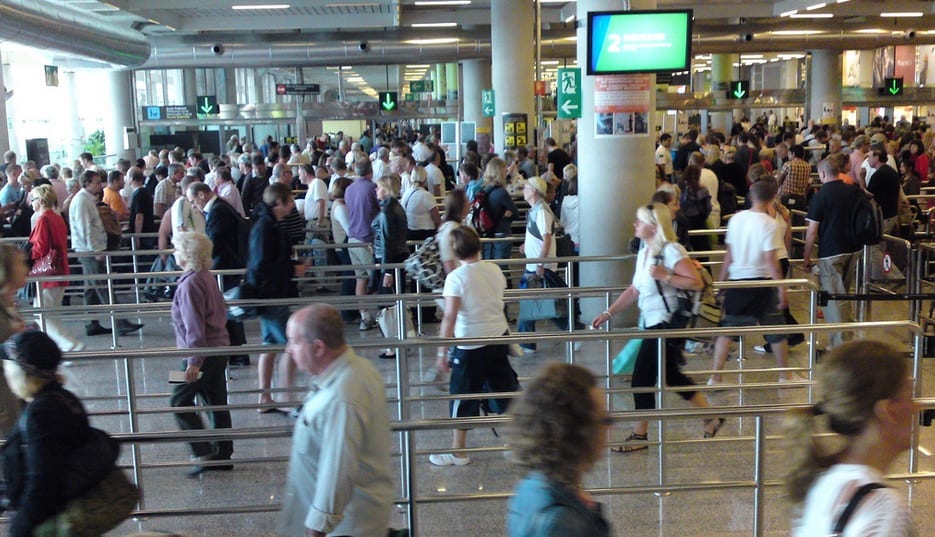What constitutes work? This may seem like a simple question, but for employers – especially those managing an hourly workforce – the question can become surprisingly tricky. Ever since a 1947 amendment to the Fair Labor Standards Act (FLSA), the definition of ‘work’ has been a moving target in many ways. Why is this important? Because you are required by law to pay your employees when they are working. And you are not required to pay them when they are not working.
The Supreme Court has declared that ‘work’ includes tasks that are “integral and indispensable” to the principal activities that workers are paid to do. Here are some examples:
- Butchers at a meatpacking plant must be paid for time spent sharpening their knives because doing so is “integral and indispensable” to what they are paid to do.
- Laborers at a battery manufacturing plant must be paid for time spent showering after work to remove traces of lead and sulfuric acid they are exposed to during their work activities.
In addition, any tasks to be performed in setting up for work (such as a waitress preparing a work station for her shift, a machinist cleaning and oiling machinery, or a bank teller counting a till before the bank branch opens) must be paid time.
Then again, some things related to work are not really “integral and indispensable” to the work itself. For example, commuting is not paid time even though people have to commute in order to get to work. Going to the uniform store to buy your uniforms is not paid time even though you must have a uniform in order to do your job (and in most cases, changing into a uniform at work before your shift is also not paid time unless the uniform constitutes “unique protective gear” such as a hazardous materials suit).
One workplace where the definition of “work” or “not work” came to a head recently was Amazon.com, the national leader in online product sales and distribution. Amazon warehouses are filled to the brim with in-demand products, which makes them prime targets for shrinkage (i.e. theft).
To reduce losses, Amazon and its staffing company partners (most Amazon warehouse workers are actually employed by separate staffing companies, but that’s another issue entirely) routinely require employees to go through security checkpoints after clocking out, but prior to leaving the workplace.
According to a 2010 case that reached the Supreme Court in October of 2014, those lines can often last 30 minutes. That kind of lost time can add up, and even if it’s not paid time, it’s lost time to the employee – time they can’t plan for and that could throw off child-care pickups, evening plans, and other aspects of their personal lives. The question at hand was whether required security lines constituted an activity that was “integral and indispensable” to the work for which the employees were paid.
The answer? No.
In a unanimous decision, the Supreme Court sided with the employer (Integrity Staffing Solutions, a contracted provider for Amazon), declaring that the security checkpoints constituted “preliminary” or “postliminary” activities that are specifically exempt from consideration as paid work time (similar to commuting).
One of the arguments that the plaintiffs brought to the case was that, without the pressure of knowing that the employees would have to be paid for the time spent standing in security lines, the employer had no incentive to invest in more security personnel and therefore could waste virtually as much of the employees’ time as it saw fit, without fear of redress.
The court’s answer? That’s why employees are free to unionize.
And, as we all know from the recent Jimmy John’s case (see our article, “Know Your Rights…and Theirs: What One Jimmy John’s Franchisee Learned the Hard Way About HR”), once your employees begin engaging in “concerted activity”, their actions are protected by the National Labor Relations Act (NLRA).
Bottom Line: The Supreme Court made it clear that you can require employees to participate in workplace security procedures without paying them for the time, but if you push the issue to the point of wrecking havoc with your workforce, expect to get a rapid education in labor relations and collective bargaining.
Selected Sources:
Amazon Warehouse Workers Want to Be Paid for Waiting in Line
http://www.businessweek.com/articles/2014-10-02/security-checks-paid-as-work-supreme-court-will-decide
Workers at Amazon Warehouses Won’t Get Paid for Waiting in Security Lines
http://www.businessweek.com/articles/2014-12-09/workers-at-amazon-warehouses-wont-get-paid-for-waiting-in-security-lines
Working Time: Questions & Answers | Technical Assistance for Employers
http://www.oregon.gov/boli/TA/pages/t_faq_tawaitim.aspx
Time Worked: Uniforms: Are employers required to pay employees for the time employees spend putting on their uniforms or protective gear before the start of their shift?
http://www.shrm.org/templatestools/hrqa/pages/cms_016913.aspx
Should workers get paid to dress for a day on the job?
http://fortune.com/2014/01/28/should-workers-get-paid-to-dress-for-a-day-on-the-job/
Image Credit: kalleboo (Flickr @ Creative Commons)


